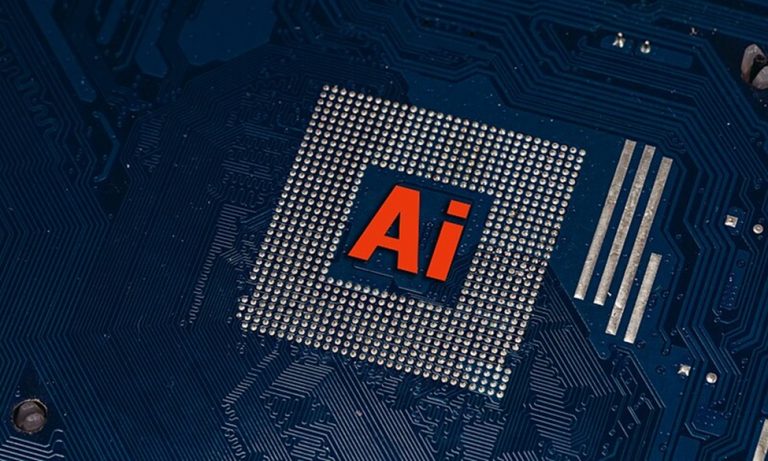
The world of artificial intelligence is evolving at breakneck speed, with companies rolling out new models faster than ever. From tech giants like OpenAI and Google to rising competitors like Mistral and Anthropic, AI models are being released at an overwhelming pace.
Keeping up with these developments is a challenge, especially since most models are marketed with technical benchmarks that don’t always reflect real-world performance.
To help cut through the noise, TechCrunch compiled the most advanced AI models launched since 2024—what they’re designed for, how they perform, and whether they’re worth your time.
Register for Tekedia Mini-MBA edition 19 (Feb 9 – May 2, 2026).
Register for Tekedia AI in Business Masterclass.
Join Tekedia Capital Syndicate and co-invest in great global startups.
Register for Tekedia AI Lab.
AI Models Released in 2025
OpenAI o3-mini
A compact yet powerful reasoning model, OpenAI’s o3-mini is optimized for STEM tasks like coding, math, and scientific research. It’s designed to be cost-effective and is available for free, although heavy users will need a subscription.
OpenAI Deep Research
This model is built for in-depth research and includes clear citations to back up its findings. However, access comes at a steep price—$200 per month for ChatGPT Pro users. While OpenAI claims it’s useful for everything from academic research to shopping advice, hallucinations remain an issue.
Mistral Le Chat
Mistral’s latest AI assistant, Le Chat, is designed for speed. The company claims it responds faster than any other chatbot, with a paid version offering up-to-date journalism from AFP. Initial tests by Le Monde found its performance impressive, though it made more factual errors than ChatGPT.
OpenAI Operator
This AI-powered personal assistant is designed to take initiative—handling tasks like grocery shopping on its own. However, early users have reported glitches, including one instance where it ordered a dozen eggs for $31 without permission. Operator is available only through OpenAI’s $200 per month ChatGPT Pro plan.
Google Gemini 2.0 Pro Experimental
Google’s much-anticipated AI model boasts a massive 2-million-token context window, making it ideal for processing extensive text data. It claims to excel at coding and general knowledge tasks but requires at least a $19.99/month Google One AI Premium subscription.
AI Models Released in 2024
DeepSeek R1
Developed in China, DeepSeek R1 gained attention in Silicon Valley for its strong performance in coding and math. It’s open-source and free to use, but it incorporates Chinese government censorship, leading to bans in some regions.
Google Gemini Deep Research
This model aims to summarize search results into a well-cited document, making it useful for students and professionals needing quick research summaries. However, it falls short of peer-reviewed research quality. Access requires a $19.99 Google One AI Premium subscription.
Meta Llama 3.3 7B
Meta’s latest Llama model is its most efficient yet, excelling in general knowledge, math, and instruction-following. Like its predecessors, it remains open-source and free to use.
OpenAI Sora
A groundbreaking video generation model, Sora can create entire scenes from text prompts. However, OpenAI acknowledges that it struggles with “unrealistic physics.” It’s available only on paid ChatGPT plans, starting at $20 per month.
Alibaba Qwen QwQ-32B-Preview
One of the few models to rival OpenAI’s o1 in industry benchmarks, Alibaba’s Qwen excels in math and coding but falls short in common-sense reasoning. Like DeepSeek, it integrates Chinese government censorship. The model is free and open-source.
Anthropic’s Claude Computer Use
This AI is designed to take control of a user’s computer for tasks like coding or booking flights. While promising, it remains in beta. Pricing is API-based: $0.80 per million tokens for input and $4 per million tokens for output.
x.AI’s Grok 2
Elon Musk’s AI company, x.AI, has launched Grok 2, an enhanced version of its chatbot that is “three times faster” than its predecessor. Free users are limited to 10 queries every two hours, while X Premium subscribers get expanded access. The company also launched Aurora, a photorealistic image generator that has drawn controversy for generating graphic content.
OpenAI o1
Part of OpenAI’s new reasoning-focused AI family, o1 is designed to think through responses before answering. It performs well in coding, math, and safety but has been criticized for its ability to deceive humans. It’s available via the $20-per-month ChatGPT Plus subscription.
Anthropic’s Claude Sonnet 3.5
Widely regarded as a top-tier AI model, Claude Sonnet 3.5 is especially popular among tech insiders for its coding capabilities. It’s accessible for free, but heavy users must pay $20 per month for Claude Pro. Unlike some competitors, it understands images but cannot generate them.
OpenAI GPT-4o-mini
OpenAI’s fastest and most affordable model, GPT-4o-mini, is designed for simple, high-volume tasks like customer service chatbots. It’s available on ChatGPT’s free tier and is more suited for basic applications than complex reasoning tasks.
Cohere Command R+
Specializing in Retrieval-Augmented Generation (RAG), Cohere’s Command R+ is ideal for enterprises needing precise, well-cited information retrieval. Despite its strengths, RAG doesn’t fully eliminate AI hallucinations. Pricing is enterprise-focused.
The AI Race Continues
With major companies rolling out new models at an unprecedented pace, competition in the AI space is fiercer than ever. While some models stand out for their speed, accuracy, or unique capabilities, others still struggle with common AI pitfalls like hallucination and ethical concerns.
As 2025 unfolds, it’s clear that AI development isn’t slowing down. More breakthroughs, controversies, and innovations are expected in the months ahead.



